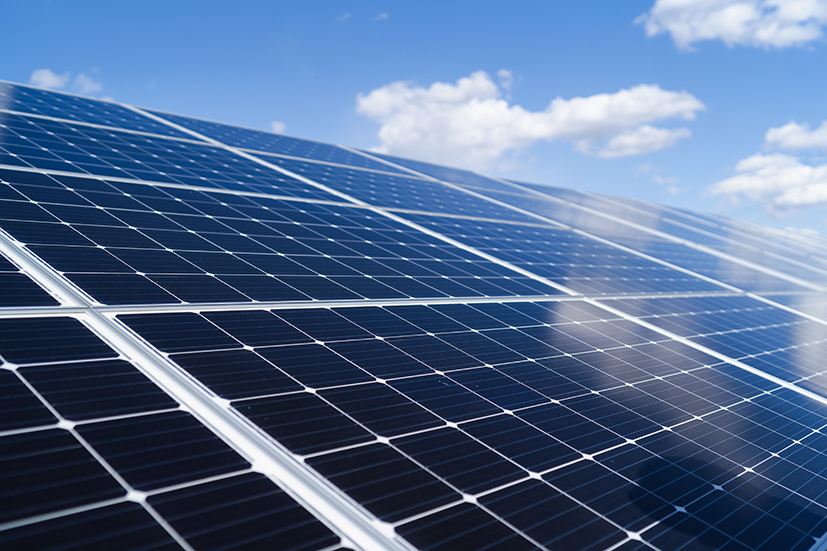A new development at Loughborough University could fix a “significant problem” within the solar panel industry.
A team, led by Professor Michael Walls from the University’s Centre for Renewable Energy Systems Technology (CREST), has worked on a new way to improve the cover glass for solar modules – which increases the amount of light transmitted into the panel whilst decreasing the amount of soiling clinging to the surface.
The new concept aims to reduce the number of panels with anti-reflective coatings – with 90% of modules currently unable to withstand regular cleaning.
Academics at the University found the standard anti-reflective coatings used by the solar industry are easily damaged by abrasion during cleaning. In addition, the coatings are ‘hydrophilic’ which means they are more likely to adhere to dust or other soiling. Soiling on the panel prevents light getting to the active part of the module and reduces the power being generated.
Professor Walls said: “The issues surrounding the solar panel industry will only become greater as time moves on, as the industry is growing at a staggering rate. Solar use is forecast to exceed coal by 2027 to become the most important source of electricity generation across the globe.
“This project addresses the significant problems of reflection and soiling to increase the power output from solar modules.
“We use a polymer to glass laminate. The polymer faces the sun and has a very low reflection – much lower than glass. At the same time, it is highly hydrophobic so soiling doesn’t easily stick and makes the surface much easier to clean.
“Crucially, the polymer/glass laminate is robust and abrasion resistant. Although the industry is conservative, the advantages are compelling. If the industry adopts the technology, the economic and environmental impact will be substantial.”



